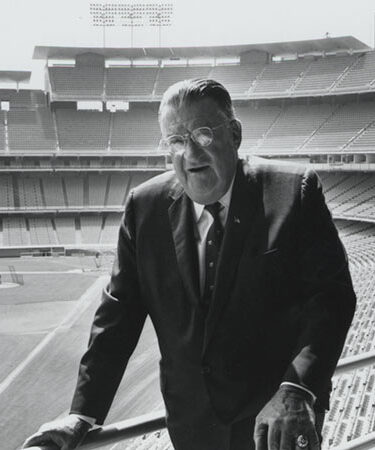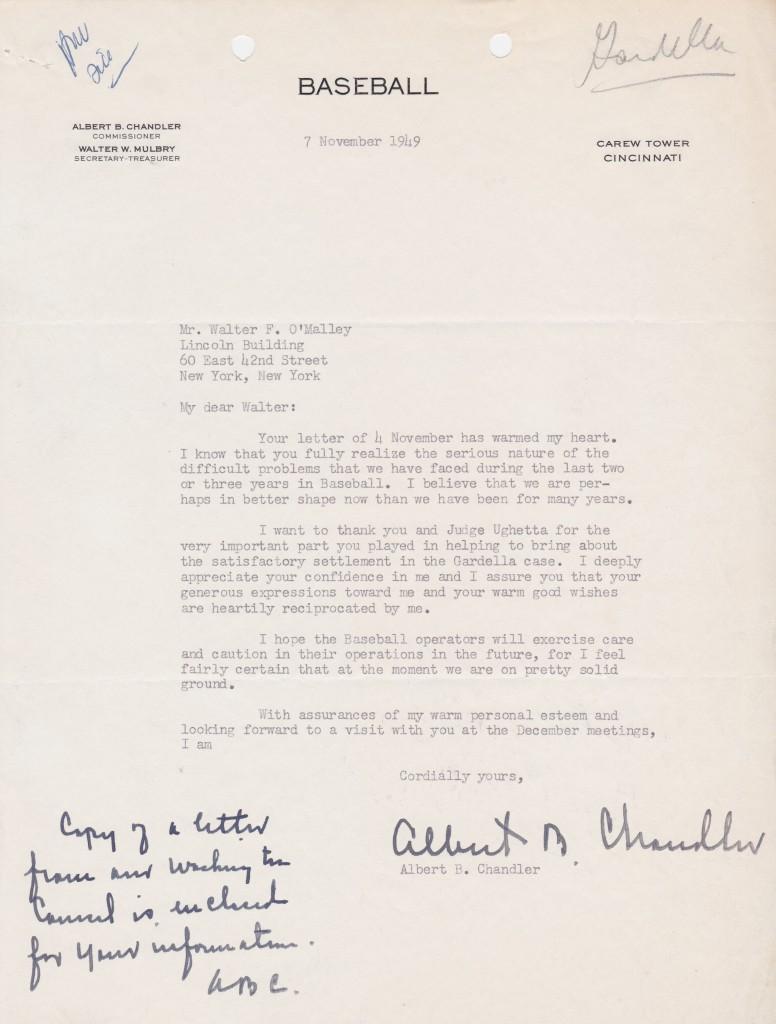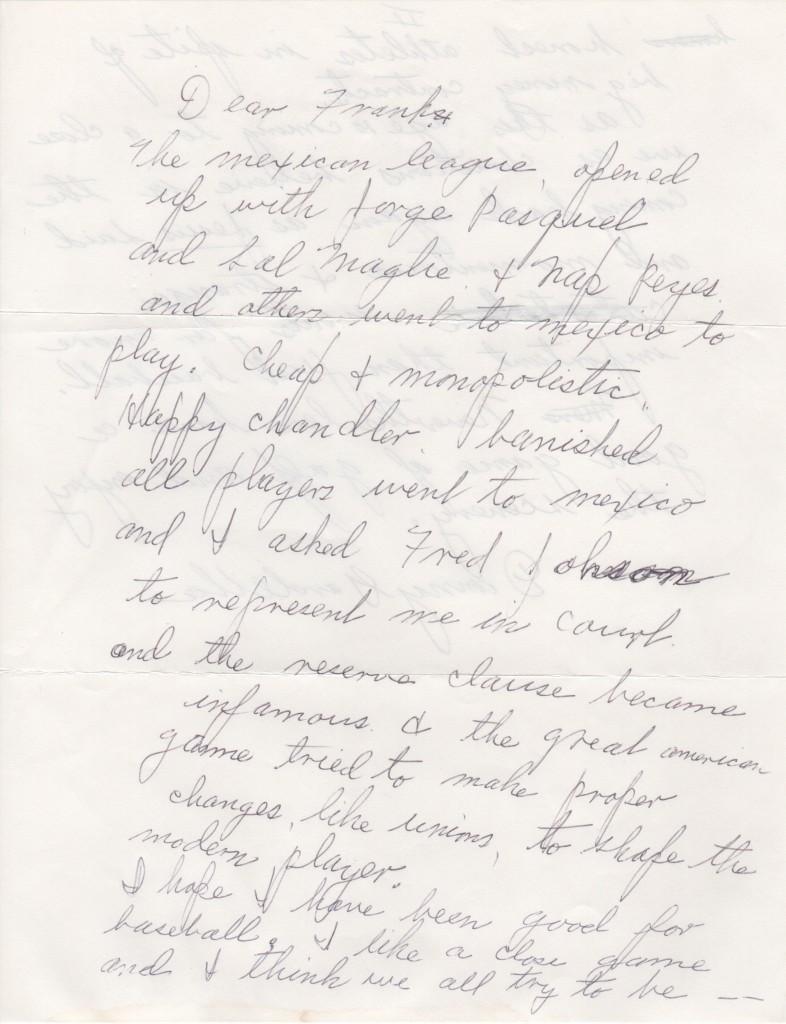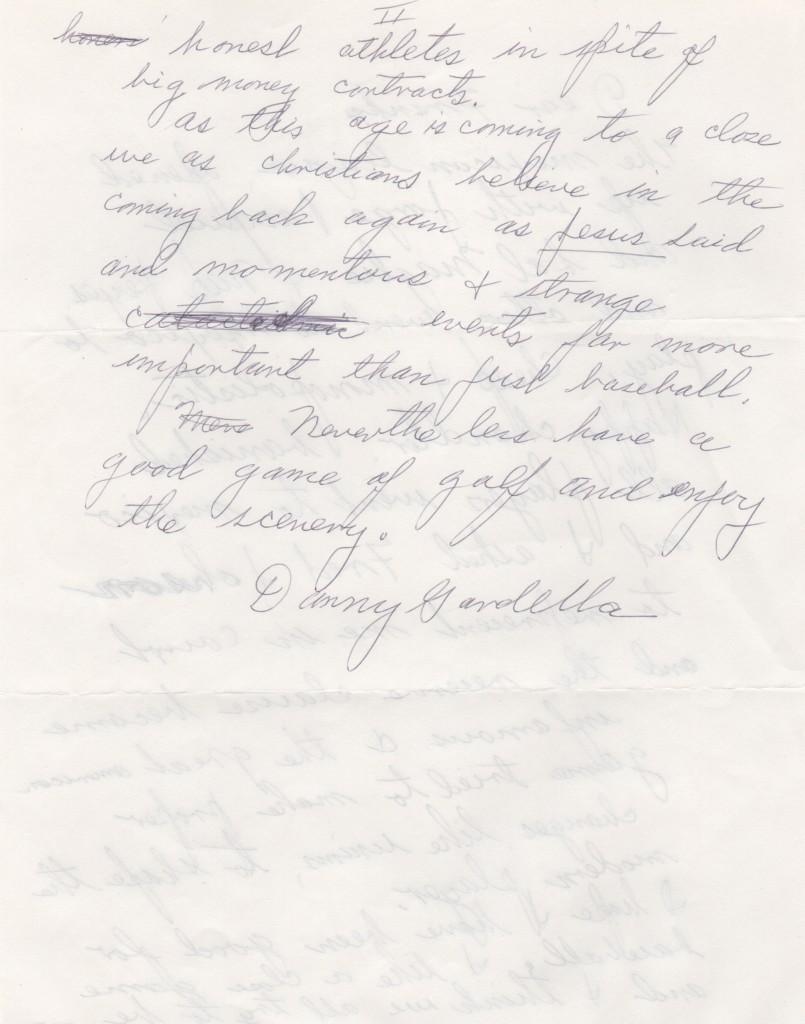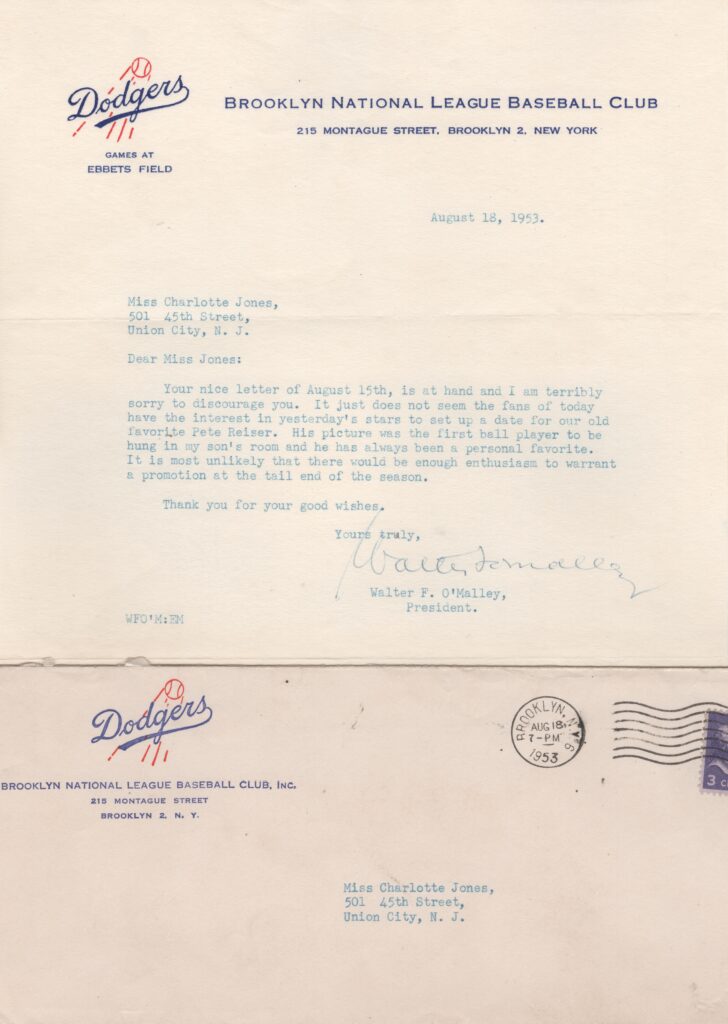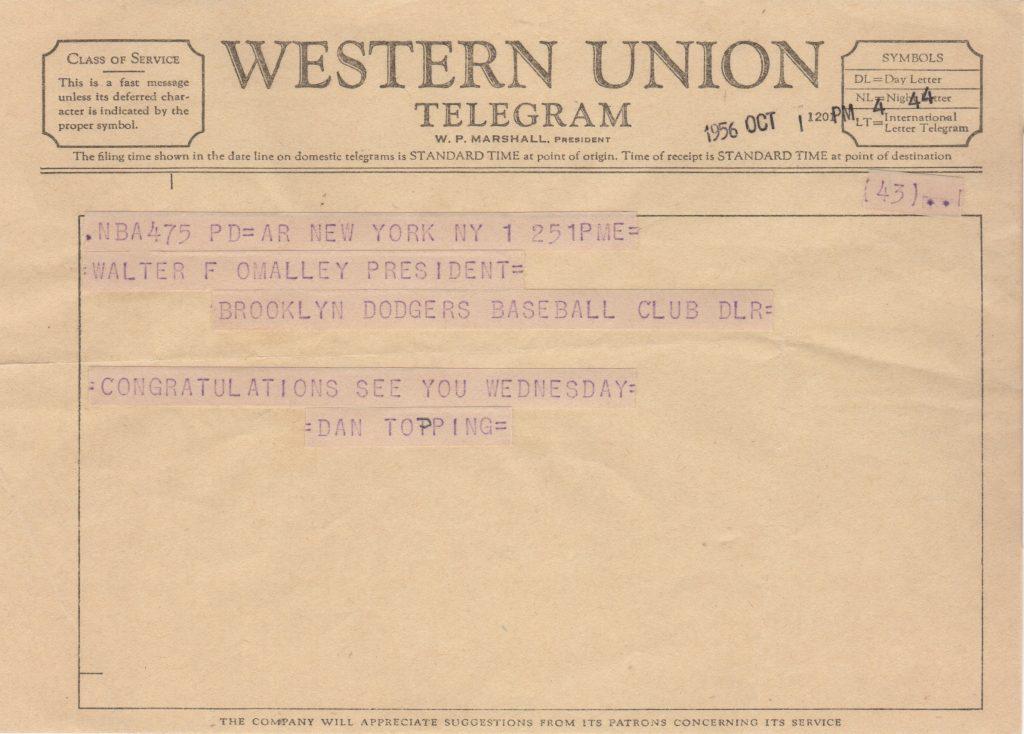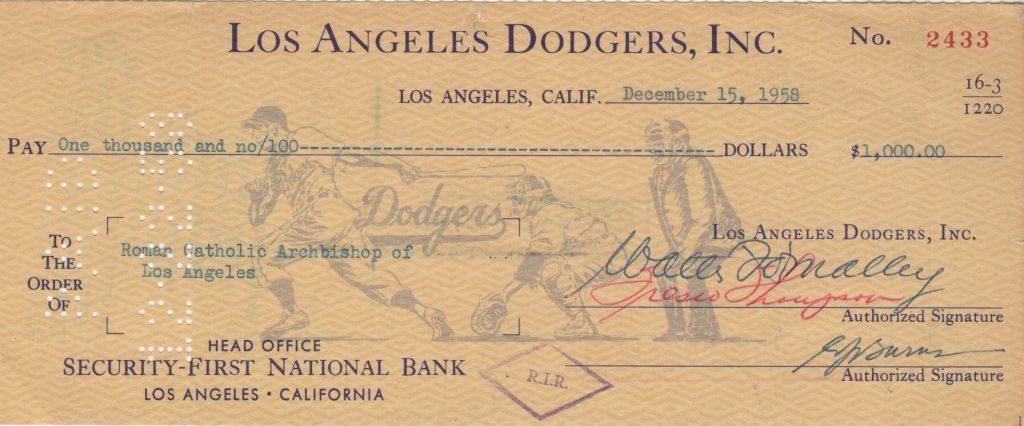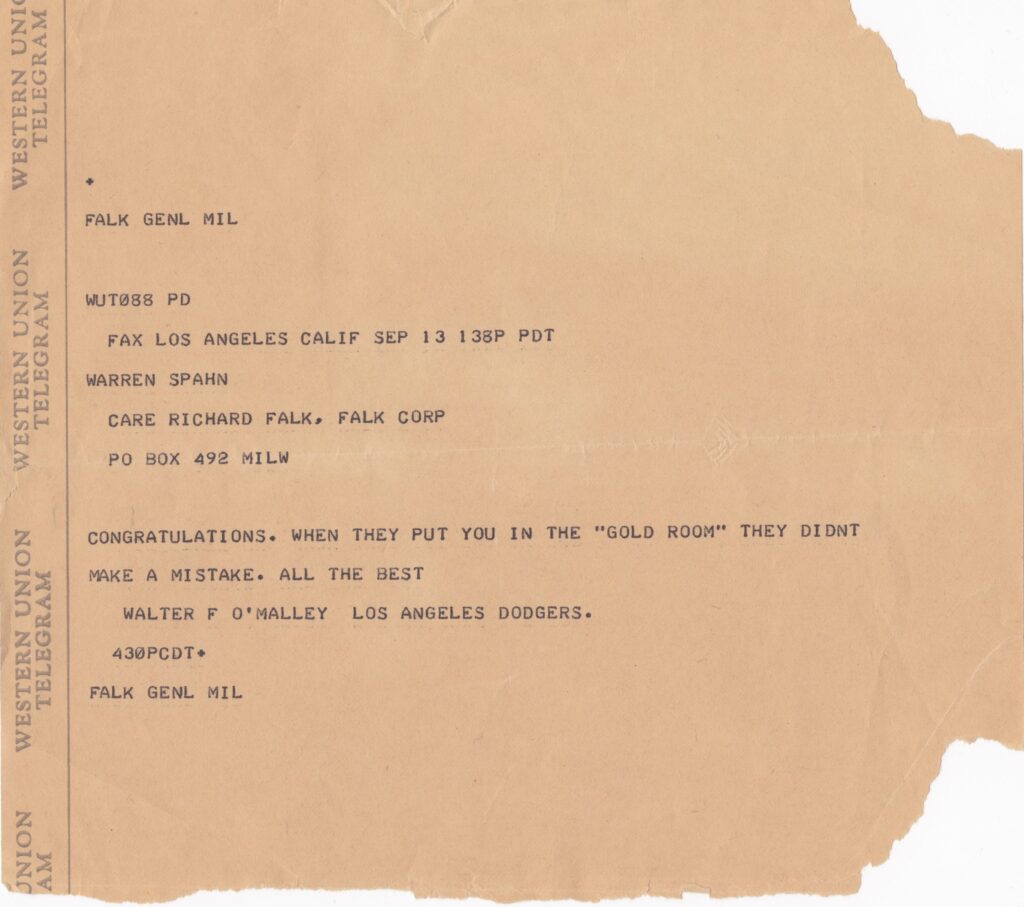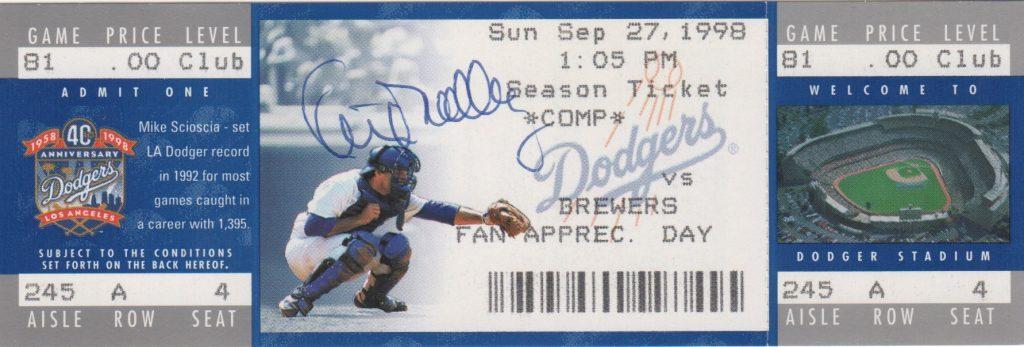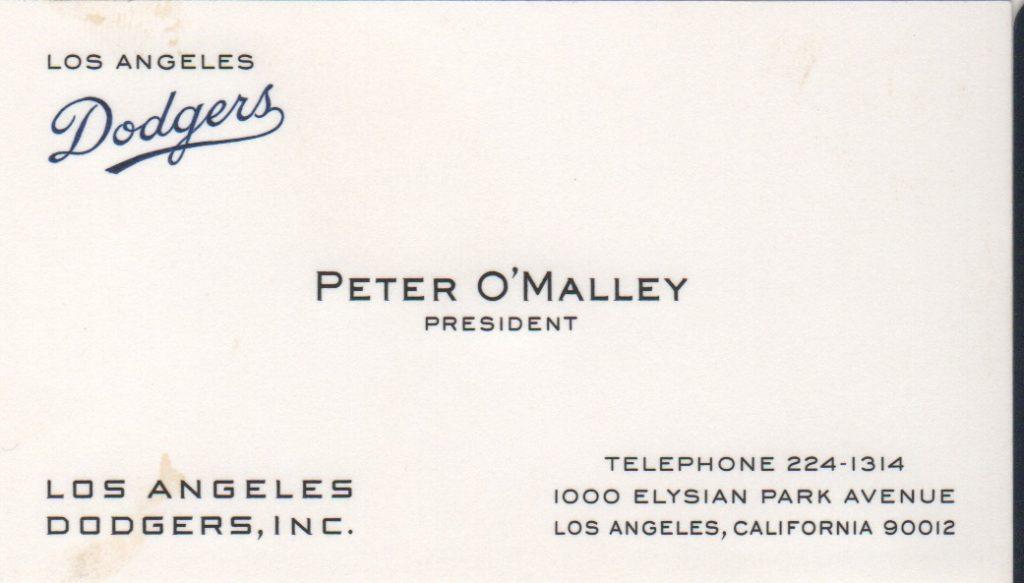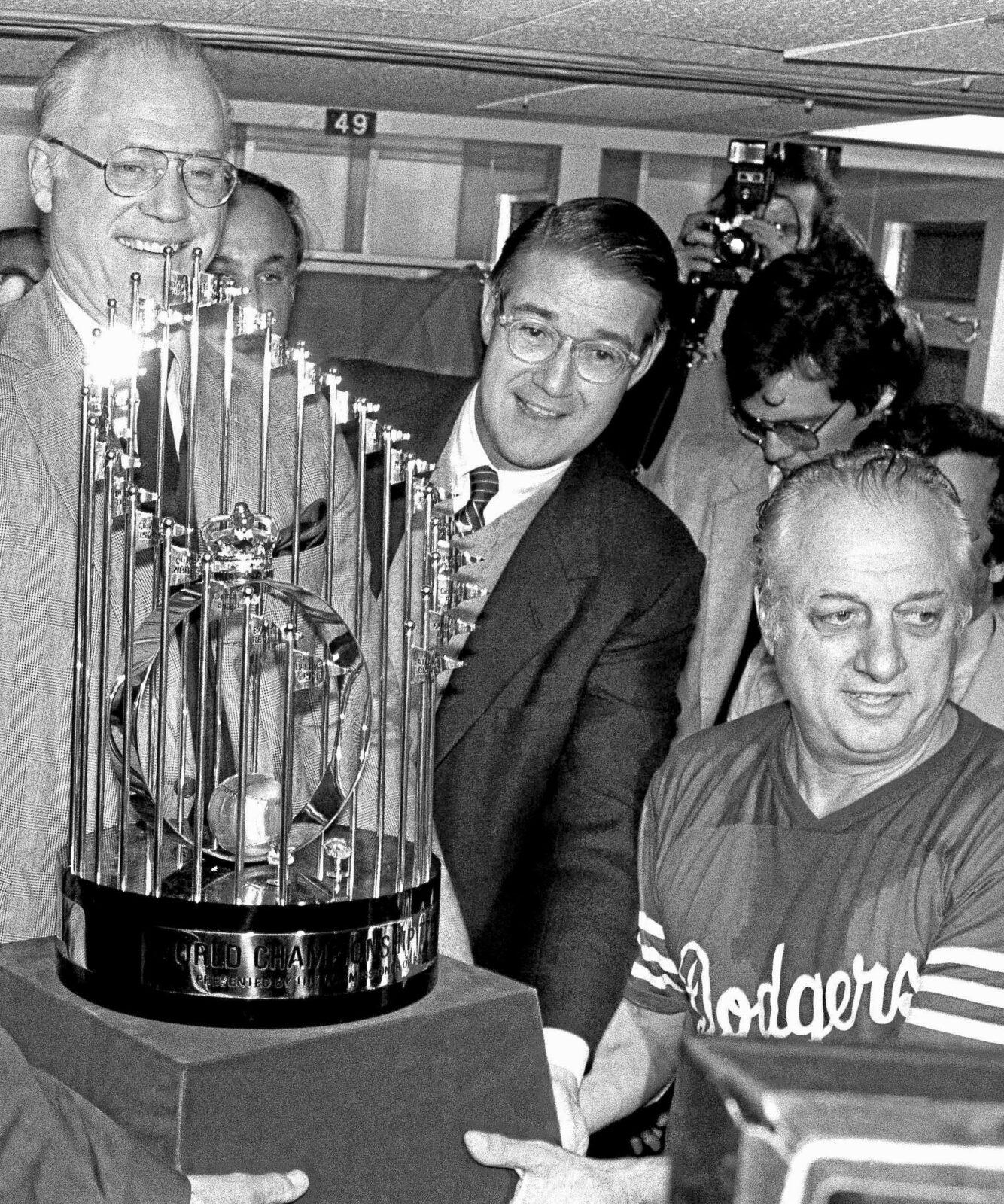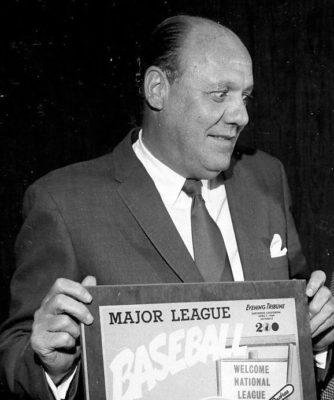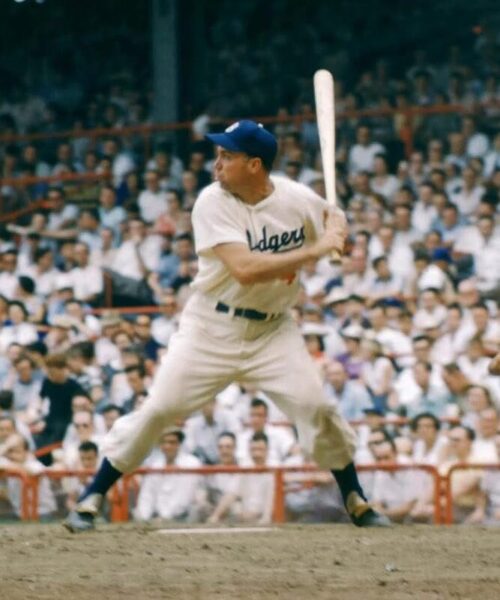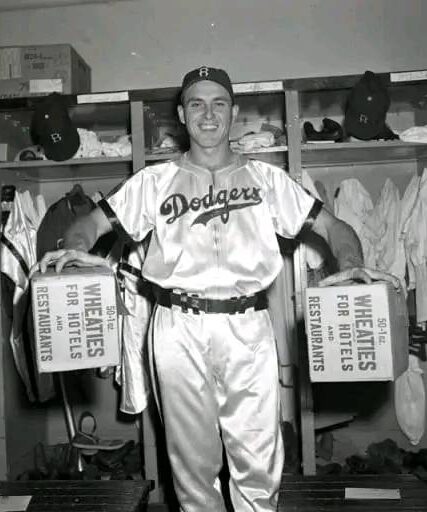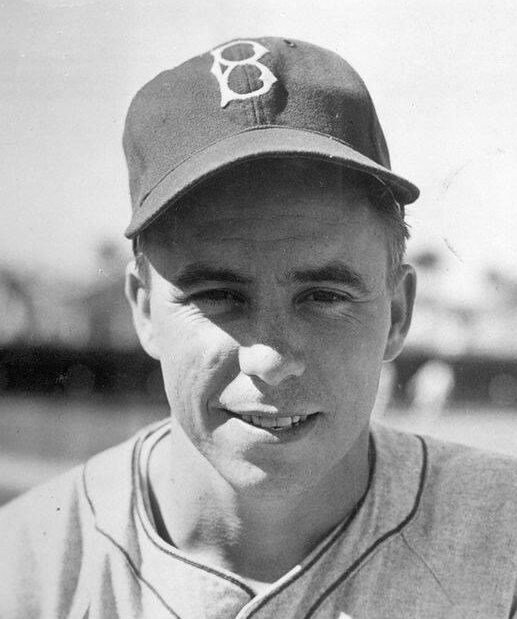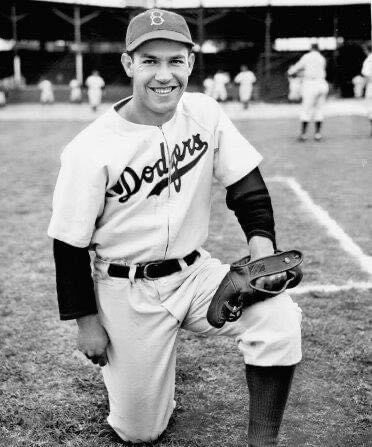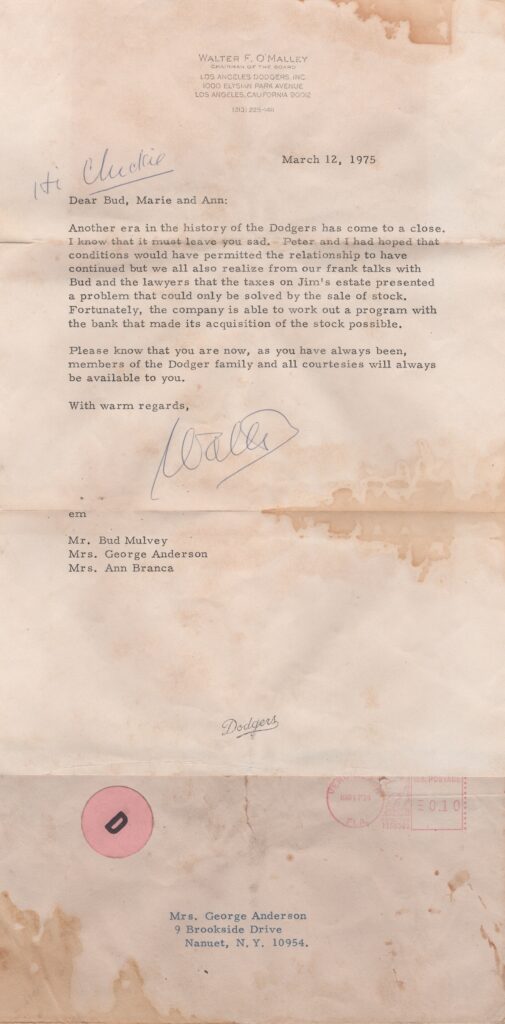
The Dodgers are a cornerstone franchise in baseball. The long and storied history of the franchise includes one of the game’s greatest family stewardships, that of the O’Malleys.
Walter O’Malley first bought into the team in 1944 to begin a family reign that lasted more than 50 years. From that moment forward, he continually accumulated shares and built his influence. Though he gained controlling interest in 1950, it took another quarter century before the O’Malleys had sole ownership of the club.
To fully understand the chronology of the O’Malley ownership, we turn back the clock to 1897 when Charles Ebbets bought into the club. At that time the team played in South Brooklyn’s Washington Park. A less-then-desirable location, the park was near factories that bellowed out smoke and a polluted canal that filled the air with foul odors.
Ebbets wanted a new home for his team. In 1912 construction magnates Ed and Stephen McKeever bought out Ebbets’ partner Henry Medicus. Together Ebbets and the McKeevers built Ebbets Field in Flatbush.
When the stadium’s namesake passed away in April, 1925, Ed McKeever replaced Ebbets as team president. At Ebbets’ funeral Ed caught a cold then soon contracted influenza. He passed away two weeks later on April 29, 1912. His brother Stephen took over as Brooklyn’s president.
When Stephen died in 1938 he left his shares to his daughter Elizabeth “Dearie” McKeever and her husband James Mulvey. They maintained partial ownership over the next four decades.
In 1944 O’Malley, Branch Rickey, John L. Smith and Andrew Schmitz bought 25% of the team from Ed McKeever’s heirs. After Schmitz dropped out, the trio of O’Malley, Rickey and Smith bought 50% of the team from the Ebbets estate.
When Smith died in July of 1950, O’Malley and Smith’s widow decided not to renew Rickey’s contract as team president and general manager. The move forced Rickey to sell his shares and leave the club. O’Malley bought Rickey’s stake in the team.
Mrs. Smith sold her shares to Walter a few months before the team’s move to Los Angeles in 1958. Walter then controlled 75% of the club with the other 25% in the hands of the Mulveys.
Dearie Mulvey passed away in 1968 leaving her husband Jim with her family’s share of the Dodgers. When Jim died in 1973, the taxes on his estate forced his children to sell the remaining shares. In 1975 Walter O’Malley bought out that interest to end the McKeever/Mulvey 62-year run with the team. The move gave the O’Malleys sole ownership of the franchise.
Walter turned over the Dodger presidency to his son Peter in the 1970s. As club president, the younger O’Malley extended the Dodgers’ influence in the game worldwide.
The O’Malley reign over the Dodgers ran more than a half century. It includes the team’s only World Series triumph in Brooklyn, and five Fall Classic victories in Los Angeles. In 1978 the team became the first to draw 3,000,000 fans. Under Peter they surpassed that mark in 13 of the next 21 seasons. Their family remains one of the grandest and most influential in the history of the game.
In the collection is this historic correspondence to the Mulvey heirs from Walter O’Malley. Interestingly one of those heirs was daughter Ann who was married to Dodger pitcher Ralph Branca.
Dated March 12, 1975, the letter concerns O’Malley’s acquisition of the Mulveys’ interest in the Dodgers. This transaction was the final piece that gave him sole ownership of the team he first bought a part of in 1944.
The letter reads in part, “Another era in the history of the Dodgers has come to a close. I know that must leave you sad. Peter and I had hoped that conditions would have permitted the relationship to have continued but we also realize from our frank conversation talks with Bud and the lawyers that the taxes on Jim’s estate presented a problem that could only be solved by the sale of stock Fortunately, the company is able to work out a program with the bank that made its acquisition of the stock possible.”
The younger O’Malley had much to say about the letter.
“I thought my dad’s letter in 1975 expressed his thoughts very well,” Peter O’Malley said. “Dearie and Jim Mulvey were longtime friends of my family and then my sister Terry and I had the good fortune to know the next generation Bud, Chickie, Ann and their spouses.
“Spring training was a most enjoyable time of the year and we had an opportunity to keep in touch with the family for many years including exhibition games and St. Patrick’s Day parties.
“In 1969, we recognized the Mulvey family with the Jim and Dearie Mulvey Award named for Jim and Dearie, who had passed on November 24,1968. The award was presented annually to the outstanding rookie on the major league Dodgers in spring training camp. Several recipients of this award were Ted Sizemore (1969), Steve Yeager (1972), Fernando Valenzuela (1981) and Orel Hershiser (1983). My Dad could not have had better partners and our family could not have had better friends.”
